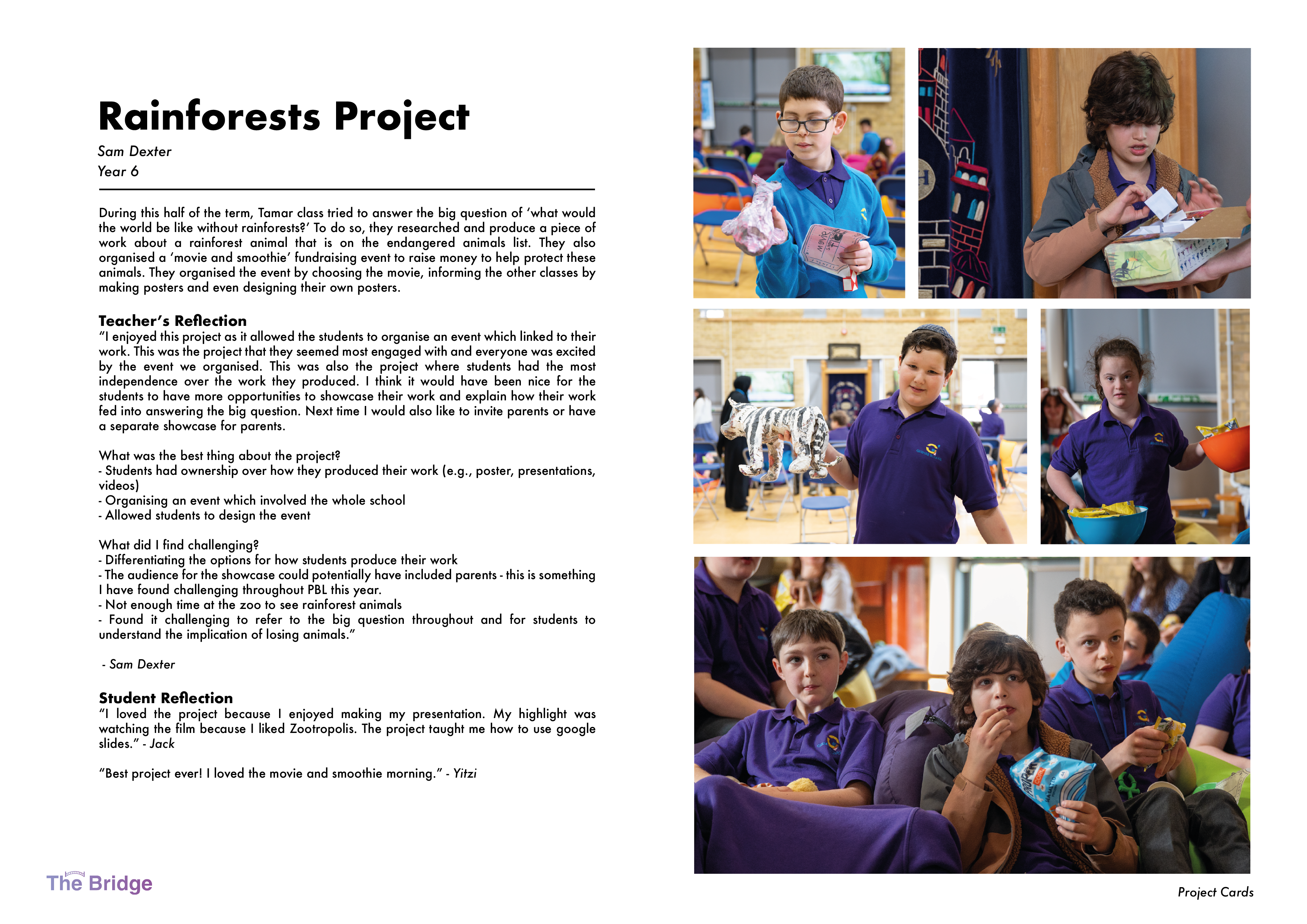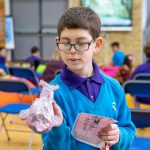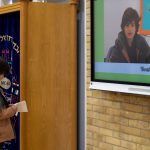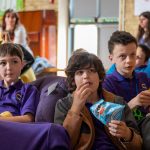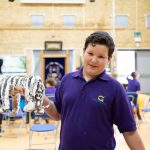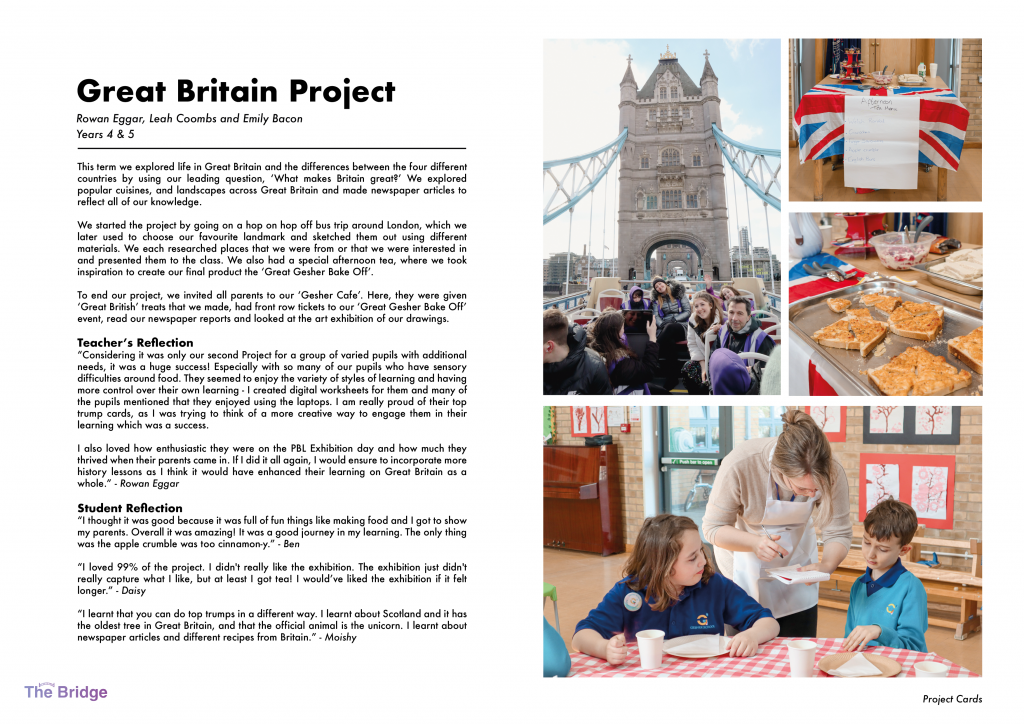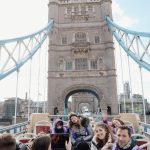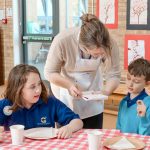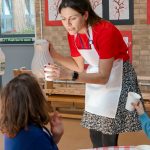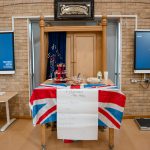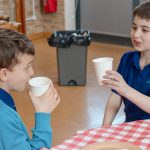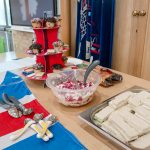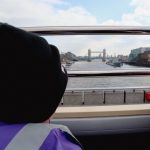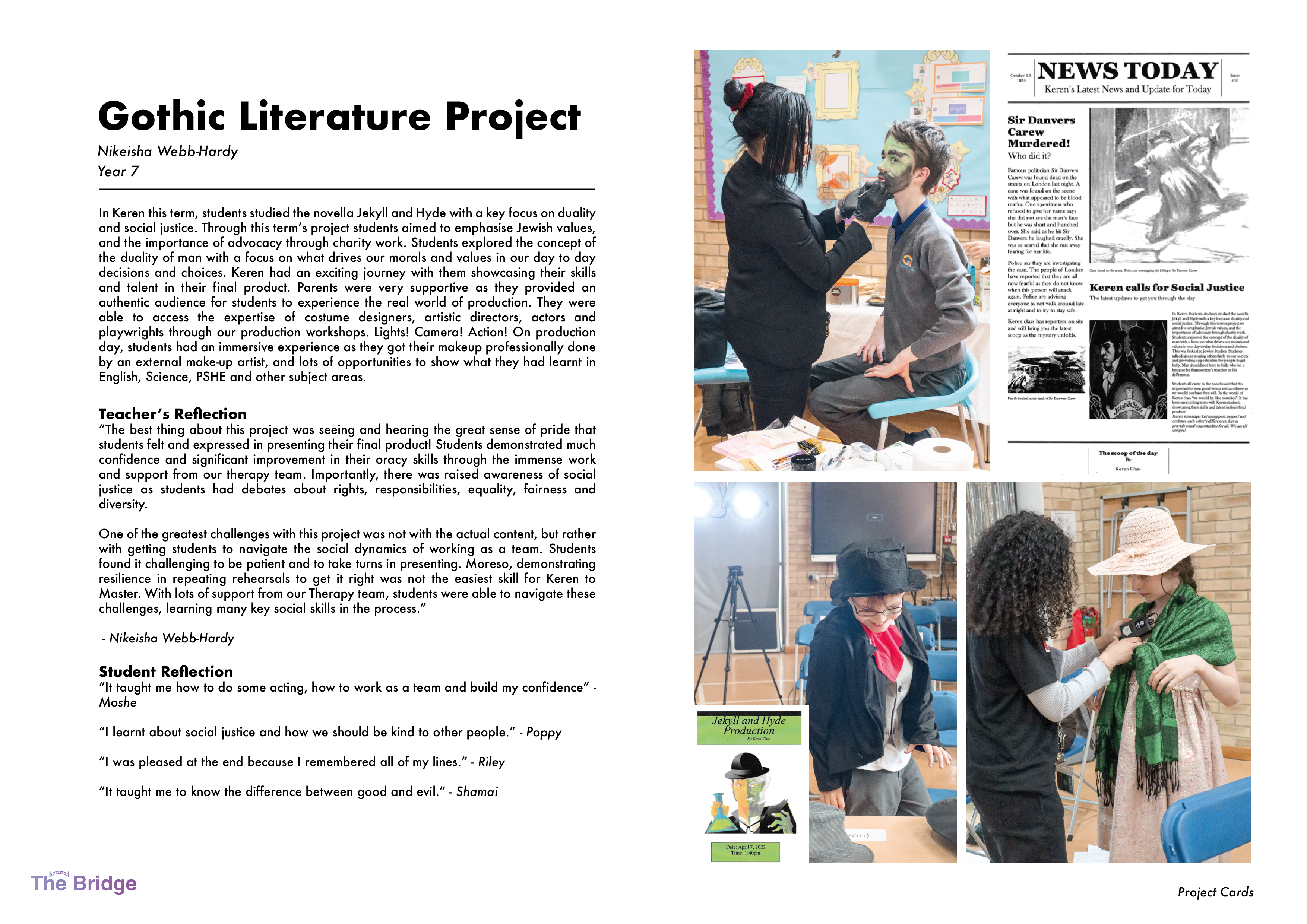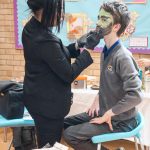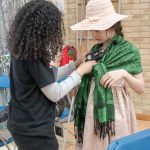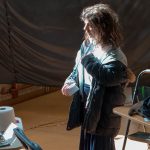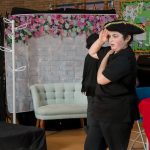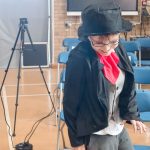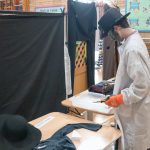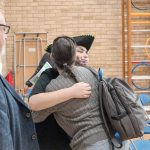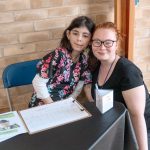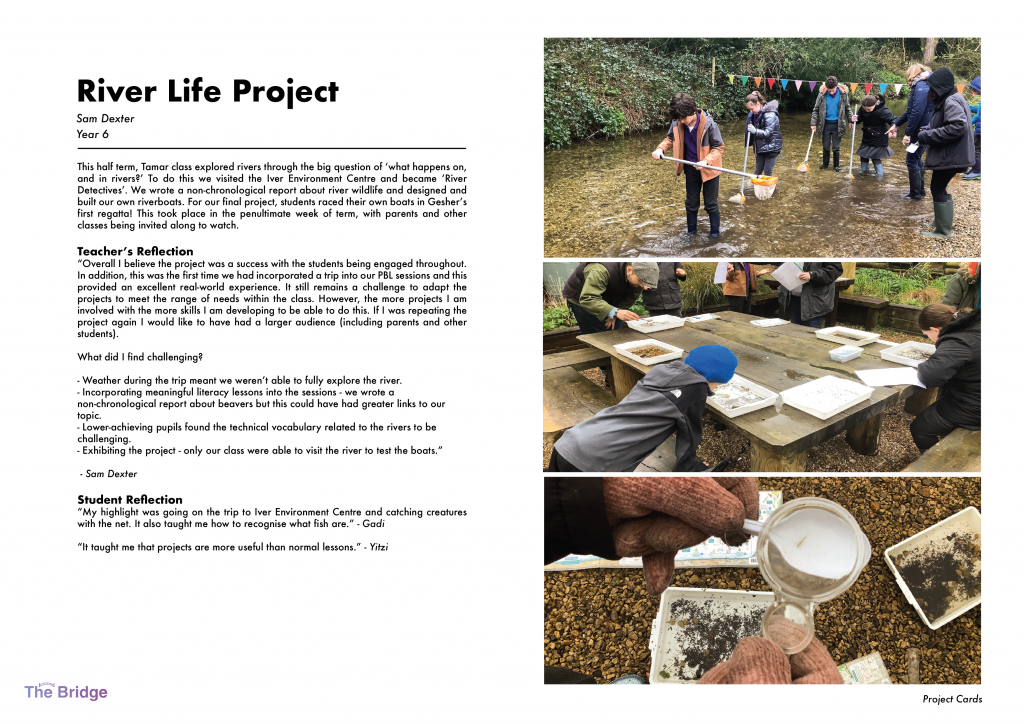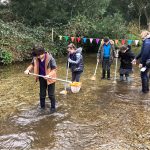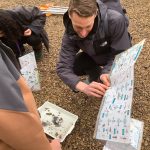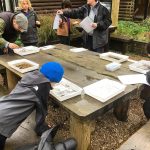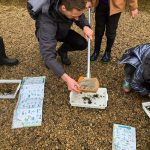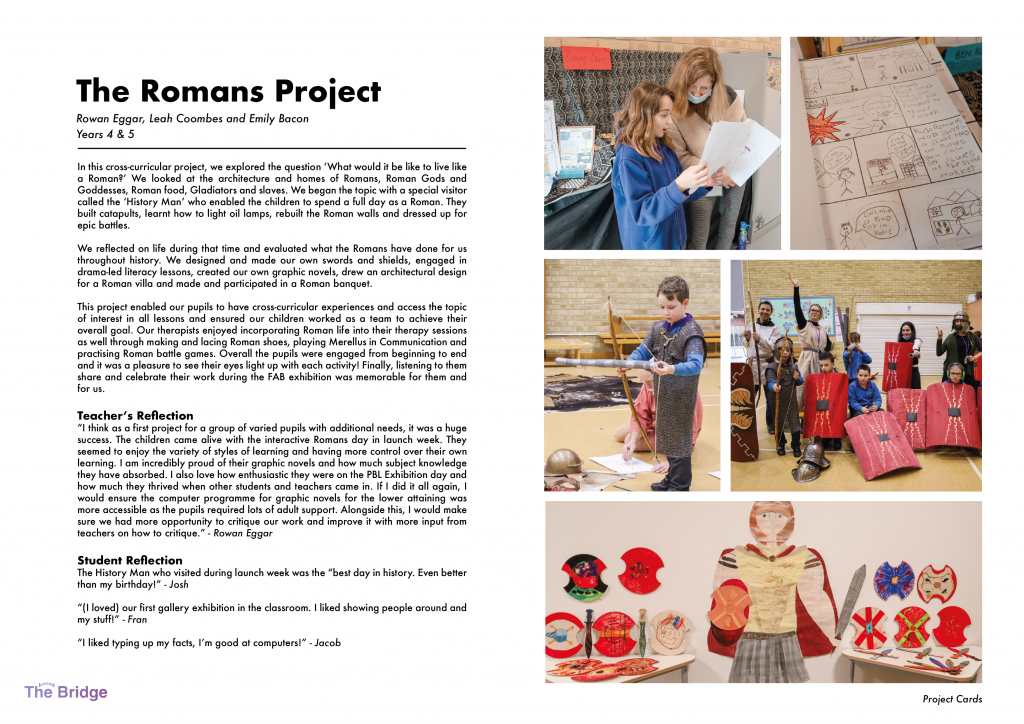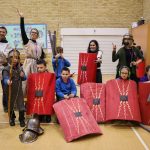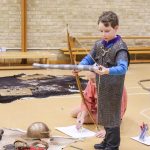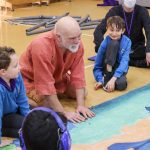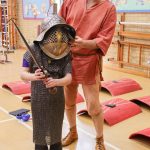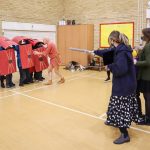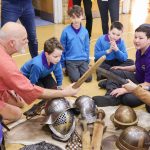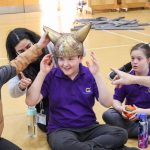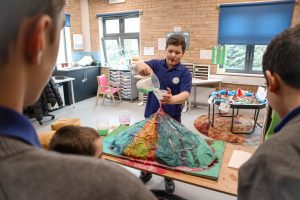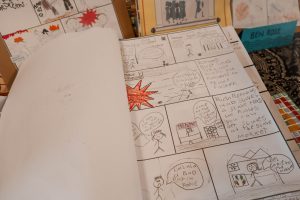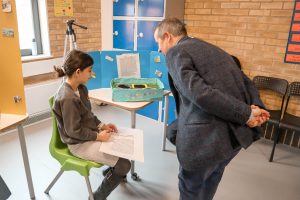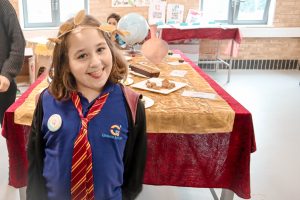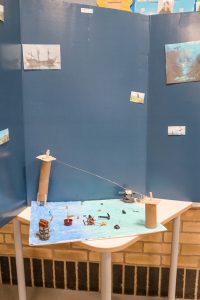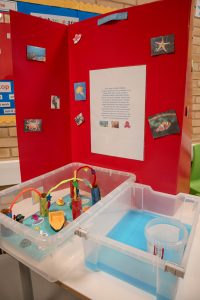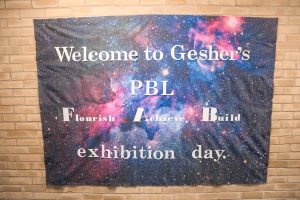The Value of Getting it Right for Each Child: A View From Parents
ʻThe Bridgeʼ is an adult learning journal for and by educators – which includes community members with an interest in young peopleʼs learning. This first issue would not be appropriately balanced if it didnʼt include the voice and reflections of parents. In fact, we intend that every issue of ʻThe Bridgeʼ will include articles by parents and community members who have experiences to share.
What it feels like when a school doesn’t understand your child
Our daughter was previously in a local mainstream school with 1:1 support. She would regularly be separated from the other children in her class in order to receive various therapies and in order to carry out her learning.
We knew she wasnʼt happy because we had frequent reports of her pulling her learning assistantʼs and other teaching staffʼs hair. She started stimming (self-stimulating behaviour) at this time by waving her arms around; this was evidently her way of coping within the experience of boredom and isolation and yet it marked her out as different, leading to yet more of a sense of alienation both on her part (and mine).
Our daughterʼs difficulties in all areas such as speaking, attention, large motor movements, were making it difficult for her to join in classroom activities. It was clear that she was suffering from anxiety. She was being and would be increasingly failed by the mainstream education system and I could see things would only get worse if we didnʼt find another school for her.
The staff within her school were clearly overwhelmed and they didnʼt really know how to support us or how to deal with us.
This was obvious from our meetings with them. They didnʼt know how to help our daughterʼs learning, nor did they know how to help manage her behaviour and it was evident that we represented a burden or a problem for them.
I didnʼt have much of a connection or common point of contact with other parents owing to our experience being so different.
Our daughter lacked confidence when she was in peer group situations and she would often shrink back and stick to the adults in the room. I recall birthday parties and park playgrounds being particularly tense times for both of us.
How did you know when you had found the right school?
You can tell when a school knows what it is doing. When we found Gesher, the corridors were calm and distraction free and there was an atmosphere of peace and contentment and also a positive can-do attitude amongst the staff.
It was clear to us that this was going to be the best place for our daughter, not least because her severe speech dyspraxia was making any kind of integration into mainstream schooling increasingly complicated.
We knew that people would take the time to listen to her and to try to understand what she was saying, that she would be encouraged to communicate. She would be able to join in group activities without being separated. Immediately, we felt that Gesher would see us, not as a problem or hindrance, but rather as an opportunity.
What it means to belong
When children are encouraged to feel a sense of belonging to their school, not just to their class, that is really important. A whole school focus on inclusion, support and nurturing of children means that children are encouraged to learn good values and the importance of taking responsibility for themselves and for others. This is crucial.
I really appreciate here that therapy is integrated, meaning no child is singled out or isolated, while at the same time each student has their own learning plan. Each child is included and also cared for.
When your child (and you) are truly seen and valued
Our daughter has flourished, blossomed even, into a confident young girl who has a strong sense of who she is. She is no longer scared to try new things. Her ability to focus and to give her attention to a task has grown too. Her speaking is improving day by day. She is so happy to be part of a wider community. She wakes up each day with a sense of purpose and curiosity which is exactly how we should all be in life.
As parents we no longer feel alone in the experience of having a special needs child. When we go through a difficult time, or we have a specific issue, or we need some practical help, we know that we have other parents and teachers to whom we can reach out. That has made a phenomenal difference to our lives. We have started to feel a sense of optimism about our future as a family.

